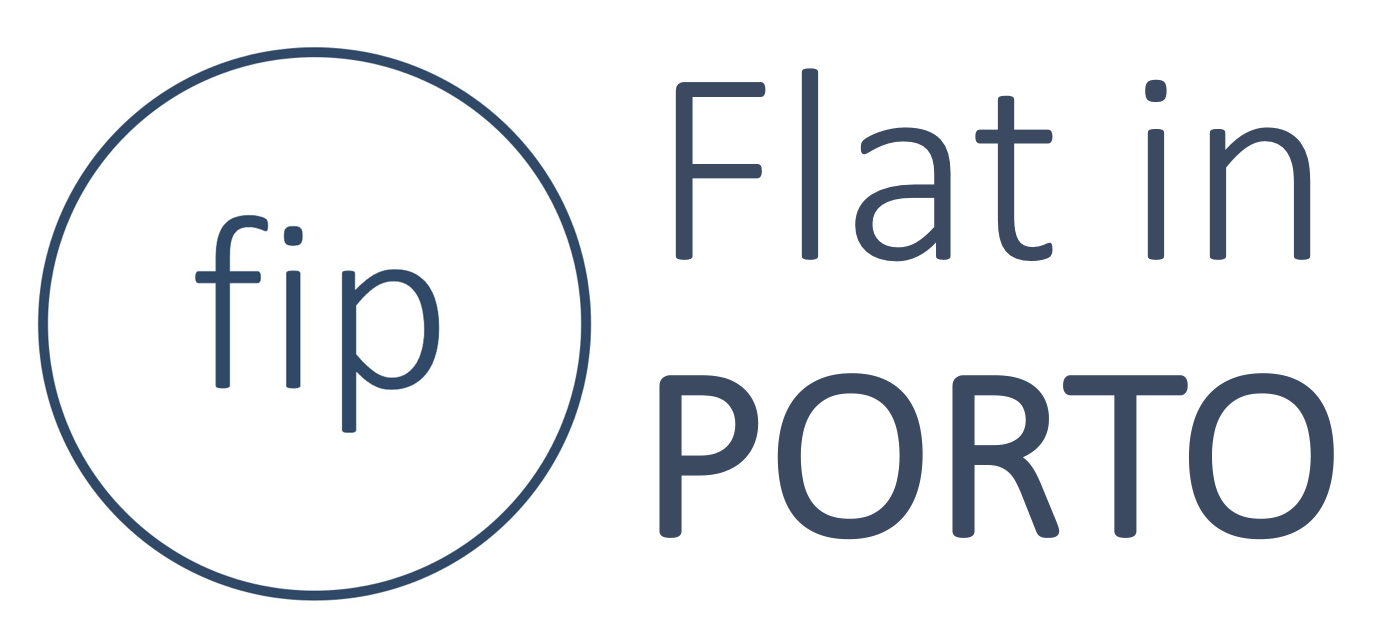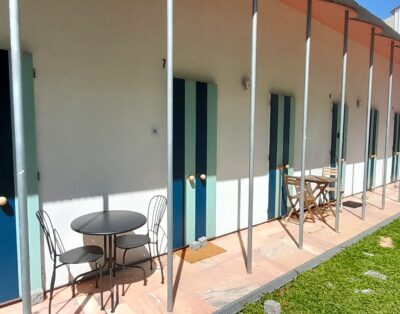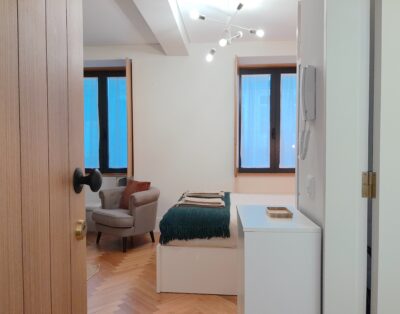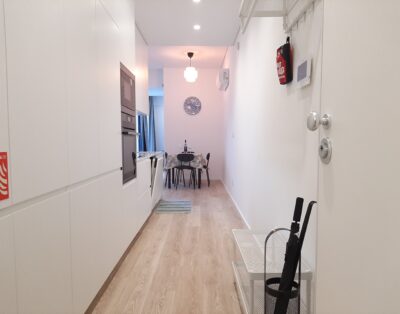MH6 Empowering Municipalities in Housing and Urban Rehabilitation

Framework for Municipal Involvement in Housing
The Housing Decree-Law in Portugal establishes a framework for enhanced municipal involvement in addressing housing challenges and urban rehabilitation. Recognizing the pivotal role local governments play in understanding and meeting their communities’ specific needs, the legislation provides municipalities with new tools and responsibilities. This post outlines the mechanisms through which municipalities are empowered to contribute to the housing sector’s development and revitalization.
Municipal Powers and Responsibilities
Under the new law, municipalities are granted increased authority and resources to directly influence the housing market and urban development. Key aspects of this empowerment include:
- Development and Management of Public Lands: Municipalities are given broader authority to manage and develop public lands for housing projects. This includes identifying potential sites, planning developments, and overseeing the construction of affordable housing units.
- Fiscal Incentives and Tools: The legislation allows municipalities to deploy fiscal incentives to attract private investment into housing development and rehabilitation. This may involve tax benefits, subsidies, or other financial mechanisms designed to encourage the development of affordable and sustainable housing.
- Simplification of Regulatory Processes: To facilitate housing projects and urban rehabilitation efforts, municipalities can streamline regulatory procedures. This includes expediting approvals, reducing bureaucratic requirements, and simplifying compliance processes for developers and property owners.
- Strategic Planning and Collaboration: Municipalities are encouraged to engage in strategic planning for housing and urban development. This involves collaborating with private developers, non-profit organizations, housing cooperatives, and other stakeholders to create comprehensive and integrated housing solutions.
Implications for Housing and Urban Development
The empowerment of municipalities is expected to have significant implications for housing accessibility and the revitalization of urban areas. By providing local governments with the tools to actively participate in the housing market, the law aims to:
- Increase the supply of affordable housing by leveraging public lands and incentivizing private development.
- Enhance the livability and sustainability of urban areas through targeted rehabilitation projects.
- Foster collaboration between public and private sectors to create innovative housing solutions that meet diverse community needs.
Challenges and Opportunities
While the new powers and responsibilities present municipalities with an opportunity to directly address housing and urban development challenges, they also pose challenges. Effective implementation will require municipalities to navigate funding constraints, coordinate with multiple stakeholders, and ensure that projects align with community needs and priorities. The success of this approach will depend on the capacity of local governments to leverage the tools provided by the law effectively.
Conclusion
By enhancing the role of municipalities in housing and urban rehabilitation, Portugal’s Housing Decree-Law aims to create a more dynamic and responsive approach to addressing the country’s housing challenges. The legislation’s focus on local governance acknowledges the importance of tailoring solutions to specific community needs, offering a pathway to more accessible and sustainable housing and urban development across Portugal.













